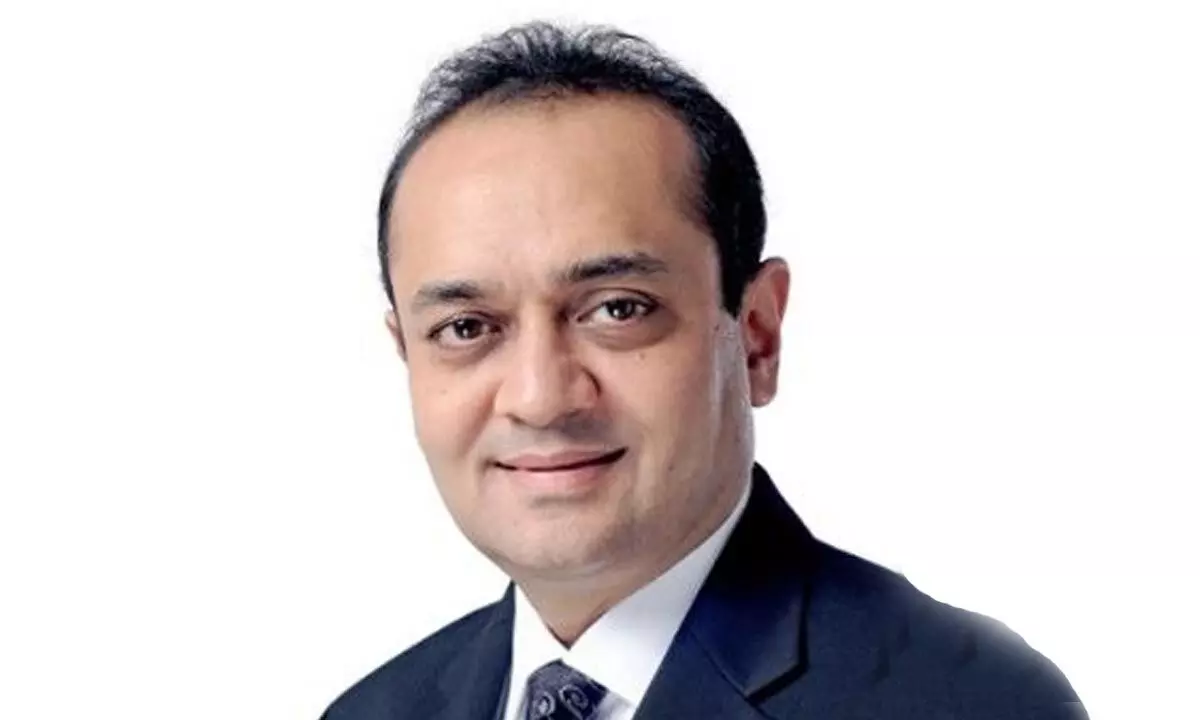Investors oppose reappointment of Hester Bioscience CEO
Voting outcomes emerge through cloud-based analytical tool IiAS Adrian
image for illustrative purpose

Investors have voiced their dissent, but their small shareholding meant that they were unable to influence the outcome. For more progressive boards with their ears to the ground, it is a signal that there are views different from their own, that they need to consider them.
All 73 resolutions on which IiAS sent out voting recommendations were approved, including the resolution by Hester Biosciences (Hester) for
the appointment and remuneration of its CEO, where 99.8 per cent of the institutional investors voted against. The low institutional voting, one per cent, meant that this category of investors was unable to influence the outcome.
Listed entities file voting data with stock exchanges within two working days from the conclusion of the meeting. This data is filed under three categories of shareholders - promoters, institutional investors, and others.
Talking to Bizz Buzz, Amit Tandon, founder, Institutional Investor Advisory Services (IiAS) says, “While investors have voiced their dissent, their small shareholding meant that they were unable to influence the outcome.”
But for more progressive boards, who have their ears to the ground, it is a signal that there are views different from their own, that they need to consider them, he said.
“To help investors and corporate and market participants keep track of institutional voting, the proxy advisory firm is sending select voting outcomes from our cloud-based analytical tool IiAS Adrian. You need a majority of those present and voting for the resolution to go through and in some instances, you need a majority of minority investors to approve. ‘Promoters’ and ‘others’ helped push through resolutions where more than 50 per cent of the investors have voted against,” he said.
The resolution in question was to reappoint Rajiv Gandhi as CEO and Managing Director of Hester Bioscience for three years from April 1 and fix his remuneration as minimum remuneration in case of inadequate profits. Rajiv Gandhi’s FY22 remuneration aggregated to Rs 48.5 million (9.1 per cent of consolidated PBT). IiAS estimates his FY23 and FY24 remuneration at Rs 4.71 crore and Rs 5.98 crore, respectively, which is high for the size of the company. His remuneration for the last four years has ranged between 9 and 10 per cent of consolidated PBT, which is high and not in line with peers. Further, his remuneration forms a high proportion of the company’s employee benefit cost (in the last four years, it ranged between 9 and 18
per cent of the consolidated employee benefit cost). His proposed remuneration entitles him for commission at five per cent of profits, which can be further revised by the board.
“IiAS does not support such enabling resolutions. We understand that he will not retire by rotation during his tenure as Managing Director - however, it is unclear, if he will continue to be non-rotational on being redesignated as Non-Executive Director in the future,” he said.
It has raised concerns that if non-rotational, Gandhi may get on-board permanently if he continues in a non-executive capacity following the end of his term as MD.

